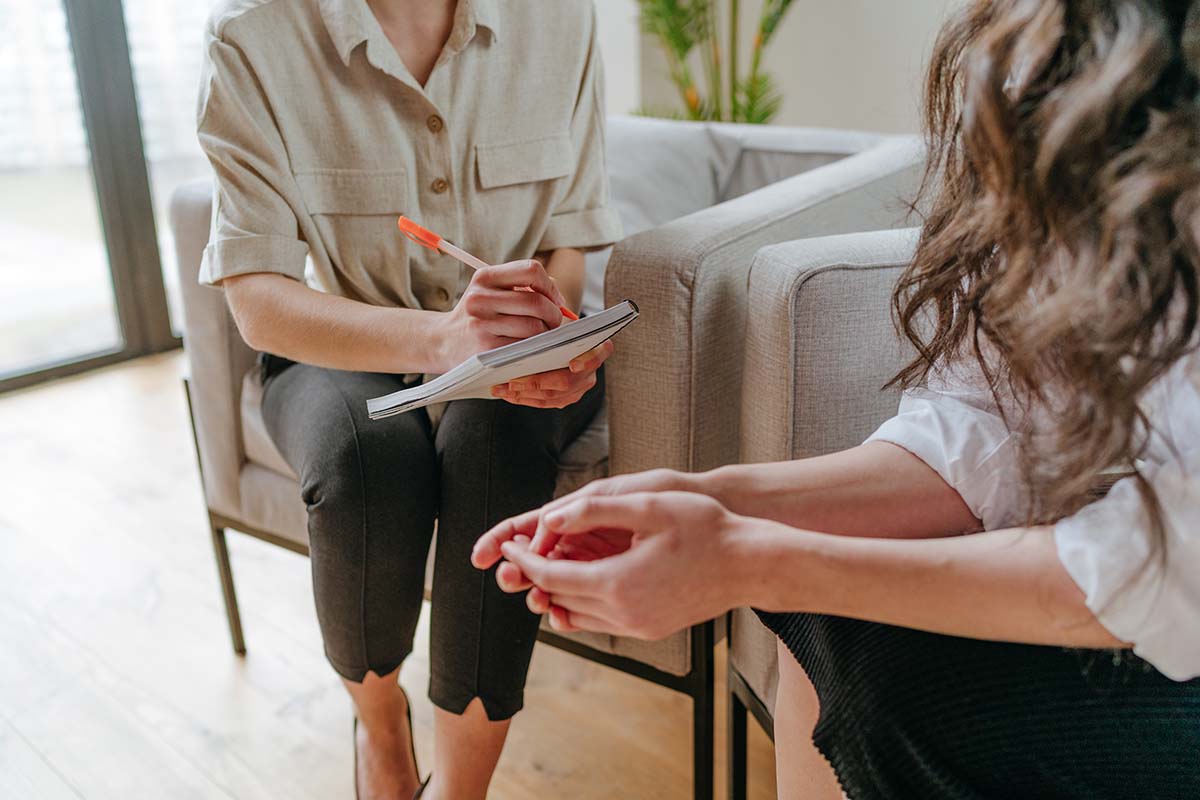For those struggling with heroin addiction, the battle can feel overwhelming. From physical dependence to psychological cravings, it can be challenging to know where to begin when seeking heroin addiction treatment. Call 833.551.2304 to speak with someone from the caring and compassionate staff at Gulf Breeze Recovery about how to treat heroin addiction and how our programs and services can help you or your loved one on a path to recovery.
What Are the Signs of Heroin Addiction?
Heroin is an illegal opioid drug made from morphine and is often injected, smoked, or snorted. It has a powerful sedative effect and can lead to euphoria for the user. However, this high comes with many adverse effects—including drowsiness, confusion, shallow breathing, and constricted pupils. Despite these unwanted consequences to the body and mind, heroin addiction often develops from constant drug abuse. Heroin addiction is often characterized by the following:
- Intense psychological cravings
- Inability to quit using heroin despite attempts or intentions to do so
- Increased secrecy or isolation
- Withdrawal symptoms—such as nausea, sweating, or insomnia
- Changes in appearance or physical health
- Financial difficulties
- Neglecting responsibilities such as work or school
However, the primary sign of heroin addiction is the development of physical dependence on the illegal drug. Dependence develops when the body’s ability to function without heroin decreases, and an individual must continually use more of the drug to reach their desired effect.
4 Ways to Treat Heroin Addiction
At Gulf Breeze Recovery in Florida, we specialize in helping those struggling with addiction get back on their feet through evidence-based therapies tailored to each client’s needs. Here are three ways we help our clients treat their heroin addiction.
1. Behavioral Therapy
This type of therapy helps clients identify triggers that have led them to use drugs like heroin and teaches them coping strategies for avoiding relapse in the future. It also aims to help them build better communication skills and relationships with family and friends who can provide support during recovery.
2. Medication-Assisted Treatment (MAT)
MAT utilizes medications like methadone or buprenorphine that act on opioid receptors in the brain without producing a “high” as other opioids do. This helps reduce cravings while relieving withdrawal symptoms so clients can focus on behavioral therapies and long-term recovery goals without being overwhelmed by the physical discomfort associated with quitting opioids cold turkey.
3. Individual Counseling
Individual psychotherapy allows clients to discuss their concerns about recovery one-on-one with a therapist who understands their struggles firsthand and can give advice based on personal experiences rather than generalizations about what might work for everyone undergoing addiction treatment. This type of counseling also allows for more privacy than group sessions since only one person is involved instead of several different people with different backgrounds discussing sensitive topics related to recovery together at once.
4. Group Therapy
Group therapy is beneficial because it allows individuals going through similar experiences to learn from each other’s stories while still receiving guidance from trained professionals leading the session. While some may hesitate to share personal experiences in a group setting, this therapy can be profoundly therapeutic and support those who may feel isolated or overwhelmed by their recovery journey.
Find Heroin Addiction Treatment in Florida at Gulf Breeze Recovery
No two cases of heroin addiction are alike, which means no two treatment plans should be, either. That’s why we ensure each client receives individualized care tailored to their needs at Gulf Breeze Recovery. With our specialized therapeutic techniques combined with medication-assisted treatment, taking control over your life becomes more manageable. Contact Gulf Breeze Recovery today at 833.551.2304 to learn more about how to treat heroin addiction, remain sober in the long term, and get back on track with your or your loved one’s life.







